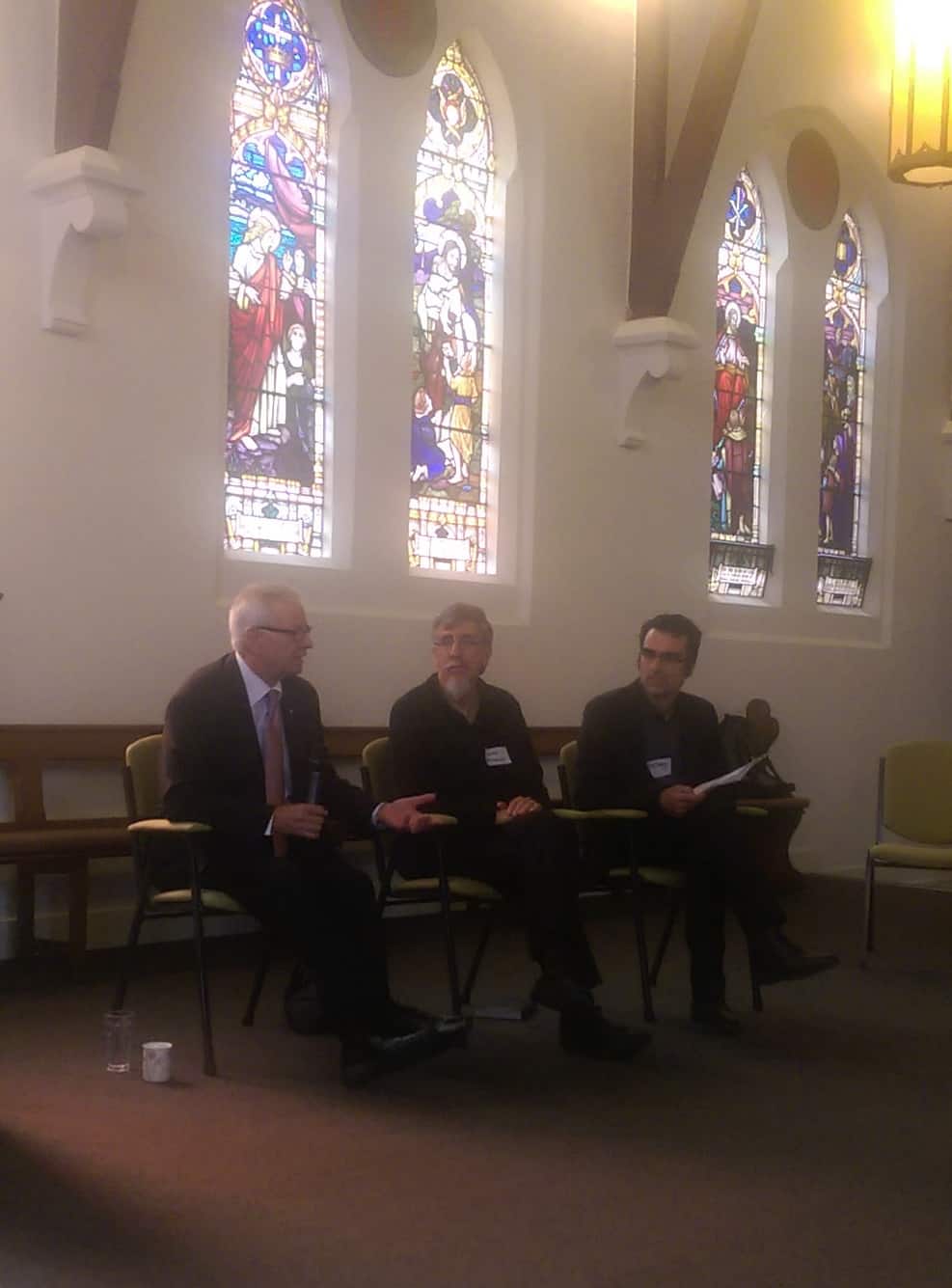SafetyAtWorkBlog has had a successful 2015, consolidating itself as a valid independent voice on workplace health and safety, particularly in Australia. But readers don’t get access to some of the statistics for the site and as a year in review exercise below are the top five most-read articles written in 2015, highest readership first:
Impairment argument fails to convince Fair Work Commission over unfair dismissal
Research raises serious questions on SIA’s certification push
Some are losing faith in the Victorian Workcover Authority
Safety learnings from construction Continue reading “SafetyAtWorkBlog’s most popular articles of 2015”

 On 7 May 2015,
On 7 May 2015,